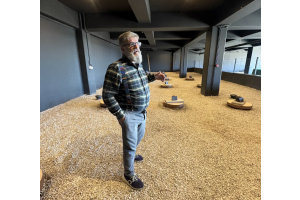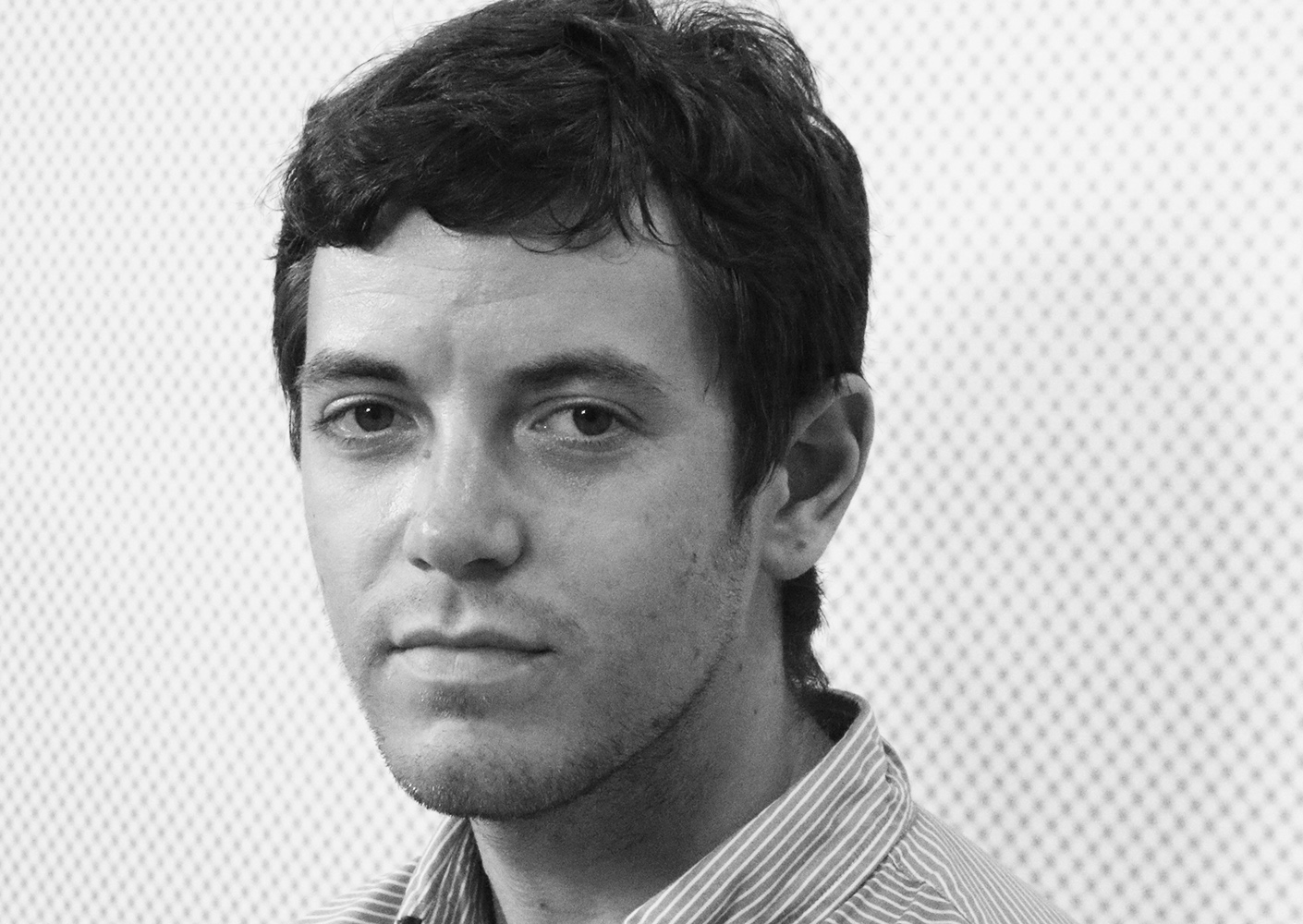
Anthony Lynch is the son of American wine pioneer Kermit Lynch and is now playing a significant role in the family company which includes a wine store in Berkeley and an importing and wholesale business. The Lynch portfolio is made up exclusively of French and Italian wines that range in size and notoriety and include some of the wine world's top names. The company, one of the pioneers within the industry, has a reputation for setting trends with its selections. Kermit Lynch is a winner of the James Beard Foundation's "Wine Professional of the Year" and the insignia of Chevalier de la Legion d'Honneur by the French government. The philosophy of the firm is represented in the quote from Thomas Jefferson which is proudly displayed in the Berkeley retail location: “Good wine is a necessity of life for me.”
We talk to Anthony Lynch about the overarching philosophy of the firm, balancing progress with tradition and natural wine.
Christopher Barnes: Anthony, your father Kermit is one of the great pioneers importing wine into the United States. What was it like as a young child being exposed to some of these great producers of great wines?
Anthony Lynch: Well, I guess since I was growing up and never really thought of it, I kind of took it for granted until I became a little bit older and wiser. The main impact was that I grew up half of my life in France. My father, who was constantly traveling to visit producers mainly in France, decided that it would be better for the family to move the family and live there half the year. Essentially, every single year I lived six months in France and that was part of my life having sort of a bicultural life. In France we were in the south near Bandol, near Domaine Tempier, that Provençal culture and especially the Tempier mentality is deeply ingrained in me in my upbringing.
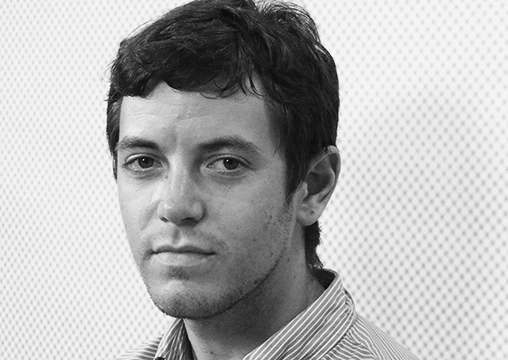
How was it being an American growing up in France? That must have been quite an adjustment, culturally.
It wasn't so bad on the contrary. It was nice. Kids in school thought I was really cool. Otherwise, at a young age it's so easy to adapt that I think it was a blessing, not a curse, to be exposed to multiple cultures, and to learn about the wine world especially through living it as a young child.
When you were younger, did you always have an idea that you were going to follow your father's footsteps and go into wine? Or did you think you were going to do something completely different?
No, absolutely not. I always thought I was going to do something completely different. However, I didn't know what that was, and then I graduated. I worked for the company, I did an internship in our offices in Beaune, France in college, and that's when I realized, well I've grown up around this my whole life, it's a fascinating world. There are really interesting people, there's the opportunity to travel, and wine itself is not such a bad thing. It came on gradually. There's never any pressure, but it happened very naturally kind of out of nowhere.
Is it difficult being the son of the guy who owns the company when you're working with other people? Do you sort of walk on eggshells? Or is there a lot of expectation about how you behave?
I suppose so, but I try to be myself.
When did you decide that wine was something that you were going to really embrace?
Well, I majored in psychology, which is definitely interesting and potentially useful in everyday situations. By then I had traveled a fair amount, I had gone on tasting trips with my dad in the Rhône Valley, a little bit in Northern Italy, and I slowly started to become interested. It definitely took a while, but finally after working for the company a little bit, it really clicked. I realized that there's so much potential in this industry that you can have your job and it can also be your life. It can be something that you really take pleasure in and are really passionate about, and to make a living off of that is a really beautiful thing.
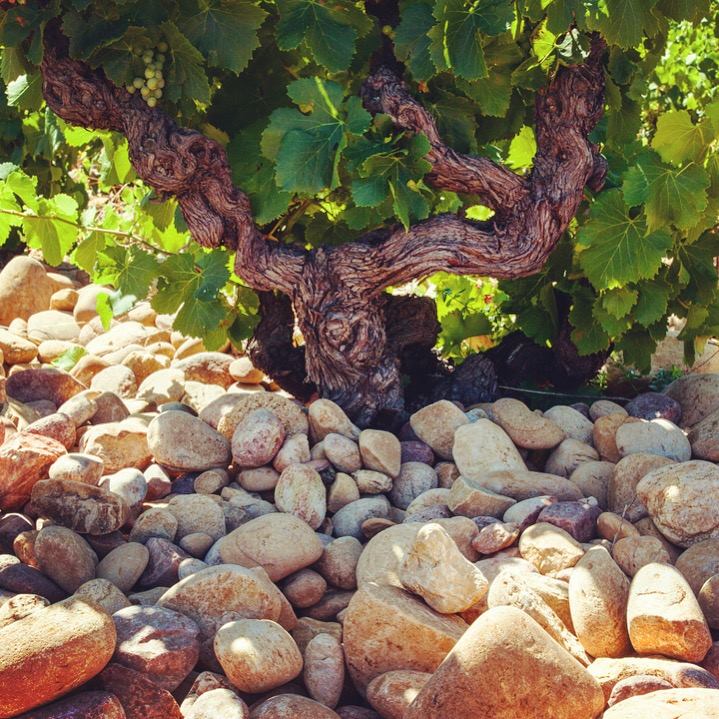 How has the company changed since your father started it? I mean he was really one of the first to bring in these kind of smaller artisanal producers from France and Italy into the United States. A lot of people when they see his name on the bottle of a wine, they know it's something that's been very thoughtfully selected. How do you take that business that he's created and evolve it? How do things change in the modern world where everyone's on Twitter and Facebook? It's the whole communication landscape that has changed.
How has the company changed since your father started it? I mean he was really one of the first to bring in these kind of smaller artisanal producers from France and Italy into the United States. A lot of people when they see his name on the bottle of a wine, they know it's something that's been very thoughtfully selected. How do you take that business that he's created and evolve it? How do things change in the modern world where everyone's on Twitter and Facebook? It's the whole communication landscape that has changed.
Well that's already a huge point that you bring up, just the technology. As you know our wines are very traditionally crafted, which often means minimal technology in the cellars. I like to say that the way that we work is also based on that, because my father was really slow to catch on to all this modern technology. It started out with email, and then now there's Facebook and Twitter. The way that we market our lines, and the way we sell our wines has completely changed from the way that it was when he started the business, certainly the aspect of networking in addition to the aspect of the way that we find producers, the way that we search for producers and meet producers.
There's still a huge factor of interpersonal connections and networking relations, but the internet has changed everything of course, in every aspect of the business. My dad was slow to catch on to that, because he has his own ideas and he's very grounded and obviously wasn't around that when he was starting the business. He's built a really good team around him, so we've stuck with the times in that sense while also staying rooted in our ideals of our wines and our general philosophy regarding the way we work and select wines.
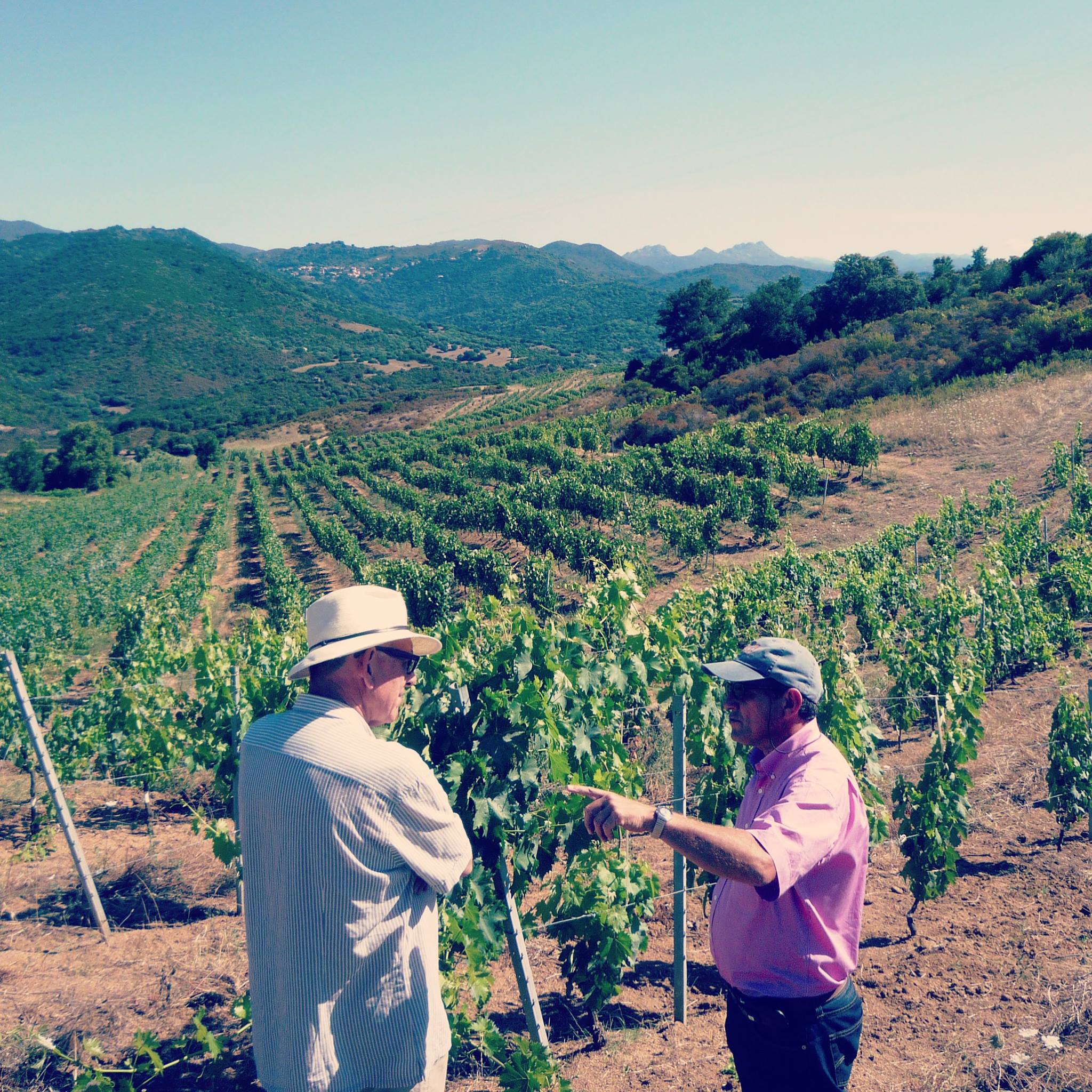
(Photo: Jean-Charles Abbatucci and Kermit overlooking the biodynamic vines at Domaine Abbatucci in Corsica)
Anthony, you have a core set of producers that you've been working with for a very long time. How do you get a new producer on board? How often does that happen?
Now we've built up a significant portfolio over the 45 years almost that my dad's been in business. Adding new producers isn't exactly a top priority, but of course there're changes in the market and there're changes in winemaking. Certain regions nowadays, we talk about Sicily or Southern Italy, even certain parts of more sort of rustic parts of France that didn't have the investment and the technology and money that are now producing really fascinating wines that at the time were much harder to come by. We could say that the range of possibilities is increasing, but we're not dying to always be growing and increasing.
If we do bring on a new one, it's often by word of mouth, because our winemakers tend to know other winemakers who work and have similar ideas and work in a similar fashion. That's probably the greatest way. When we're on the road we'll ask our producers if they taste anything interesting that we might want to taste, and then there's always chance tasting in restaurants. Being on the road provides lots of opportunities. We always try to stay open-minded and open-nosed, you could say to always have our eyes out, or our nose out for the next interesting thing.
What's your role in the company right now?
Right now I do work in a lot of the marketing efforts, which involves trying to reach people through our monthly newsletter, which my father started long ago, and now also through social media, and other new technologies like email offers. I'm also involved in the selecting and buying of new producers and tasting, blending with current producers such as this project for example. I also have responsibilities in sales. I'm a little bit all over the place. Generally based in Berkeley. At this point I'm still learning every aspect of the business. I try to have a hand in every part of the process.
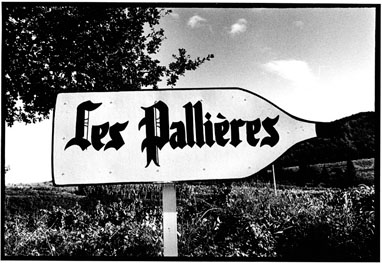
In terms of the collaborations, maybe talk a little bit about that, because it's very interesting. As a company, you take a very personal and hands-on relationship with many of your producers to the point where you've even created brands that you co-own with them. How does that come about? How does that relationship work? I'm thinking about the Brunier family.
Over the years, a lot of these brands are names that have become more popular in the US. It's almost happened naturally or it's made sense for ourselves, but especially for the producer and for their wines. To have a private label or special cuvee. Many of our producers still bottle a special unfiltered bottling for us, and that's something that we're very adamant about, because they may have clients in France locally or wherever they are, they want them to be filtering their wines. They're still thrilled to be able to bottle these wines unfiltered, or other practices like that reflect the way that we like to work and the way we like to drink. Many times the producer will be thrilled to be able to have this collaboration with us. It's a two-way street. We're happy to be able to do this with them, and if we can make a cuvee that really reflects terroir, that really reflects the local winemaking traditions and styles, then often it's a score for everyone involved.
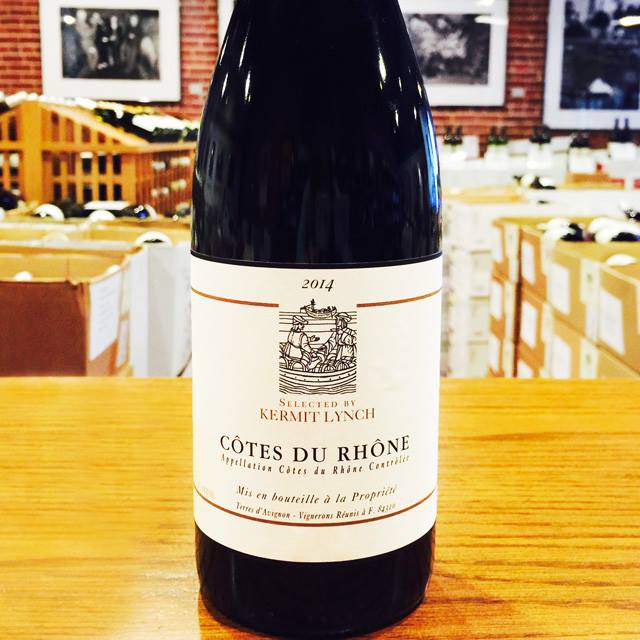
Talk a bit about the Kermit Lynch Côtes du Rhône. It's somewhat unusual for an importer to have their names so front-and-center on a wine like this.
Sure. This is one of the few wines that does not come directly from a domain or grower, it's a co-op not far from Avignon. It's a co-op that buys fruit from many small growers in the region. Long ago my father noticed the quality of the crop, one which is at a really good price, really reflects its ... What it is, is a textbook Côtes du Rhône. It's our idea for it, at a good price. He wanted to be able to offer this wine year after year, and this is another instance like I said where the winemaker at the co-op was thrilled to be able to do this collaboration, because his main clients often seek out wines that are more following trends rather than expressing a tradition or a terroir.
The latest trend that was in vogue at this co-op was thermovinification, which is where wines are heated significantly during the vinification, which really extracts those very obvious ripe fruit aromas. That was extremely popular and still is to many consumers. The actual winemaker at this co-op is really excited to be able to do a project with us that employs traditional vinification and bottling it in this really traditional method that expresses all the flavors of the terroir, like wild blackberries and thyme, lavender.
Fantastic. In terms of your education in the wine world, are there areas that you've visited that have had a profound impact on your sensibilities?
Certainly growing up near Domaine Tempier probably had the greatest impact on me. The Peyraud family, they've been close friends our entire life. For example, Lucien Peyraud essentially founded the domaine, and has also had a huge role in making the Bandol appellation what it is today, was a very close friend of my parents. He was a role model or grandfather figure growing up for me. He taught me many things I was too young to learn about wine at the time, but many things about how to live life and enjoy life. Making the most of food and eating together and enjoying communal moments.
Are there regions which are either in Italy or France that are kind of under the radar that you're rediscovering now that you're excited about?
Absolutely. There are regions that I feel don't get their fair share of respect today, maybe it's because of their past, turbulent past of winemaking. For example, the Languedoc would be one, where there is immense quality of wines. First of all, the terroir is extremely prone to making great wines. These are places that are beautiful areas that have all the right conditions for making great wine. The wines coming out of here, they're really talented producers and the wines are undervalued, the prices are low, the qualities high and they're wines that are fun, they can age, all sorts of styles that maybe don't get in my opinion, the love they deserve these days.
Another one would be Chianti, because it has passed. It's still struggling to overcome its prior associations. Now they're so many high-quality producers making traditionally produced Sangiovese that really speaks to a tradition, a tradition of hundreds of years of winemaking. These are some regions that I'm really excited about.
In terms of the marketing aspect, "millennials" is the hot word that everybody's talking about. How do you market to millennials? Is that something that as a company you think about?
Absolutely, yes. We see it especially here in New York. The younger generation, my generation, they're becoming the deciders of the trends in the wine world, they're essentially determining the market. Reaching these people is enormous to us from a business point of view, but also it's enormous just in the direction that the wine world takes, in all aspects.
Do you have a strategy in terms of reaching these people?
That's a complicated question. Certainly reaching out in different marketing efforts such as social media which is a huge tool. It's not the same as when my father started his business, because we have all these other tools for reaching people, and trying to bring people together, getting to taste the wine, bringing them into our store or get them excited about new wines. It's really a question of being present in the best establishments for people who are discovering new wines. Also, trying to reach them through our own marketing efforts, be that social media or anything else.
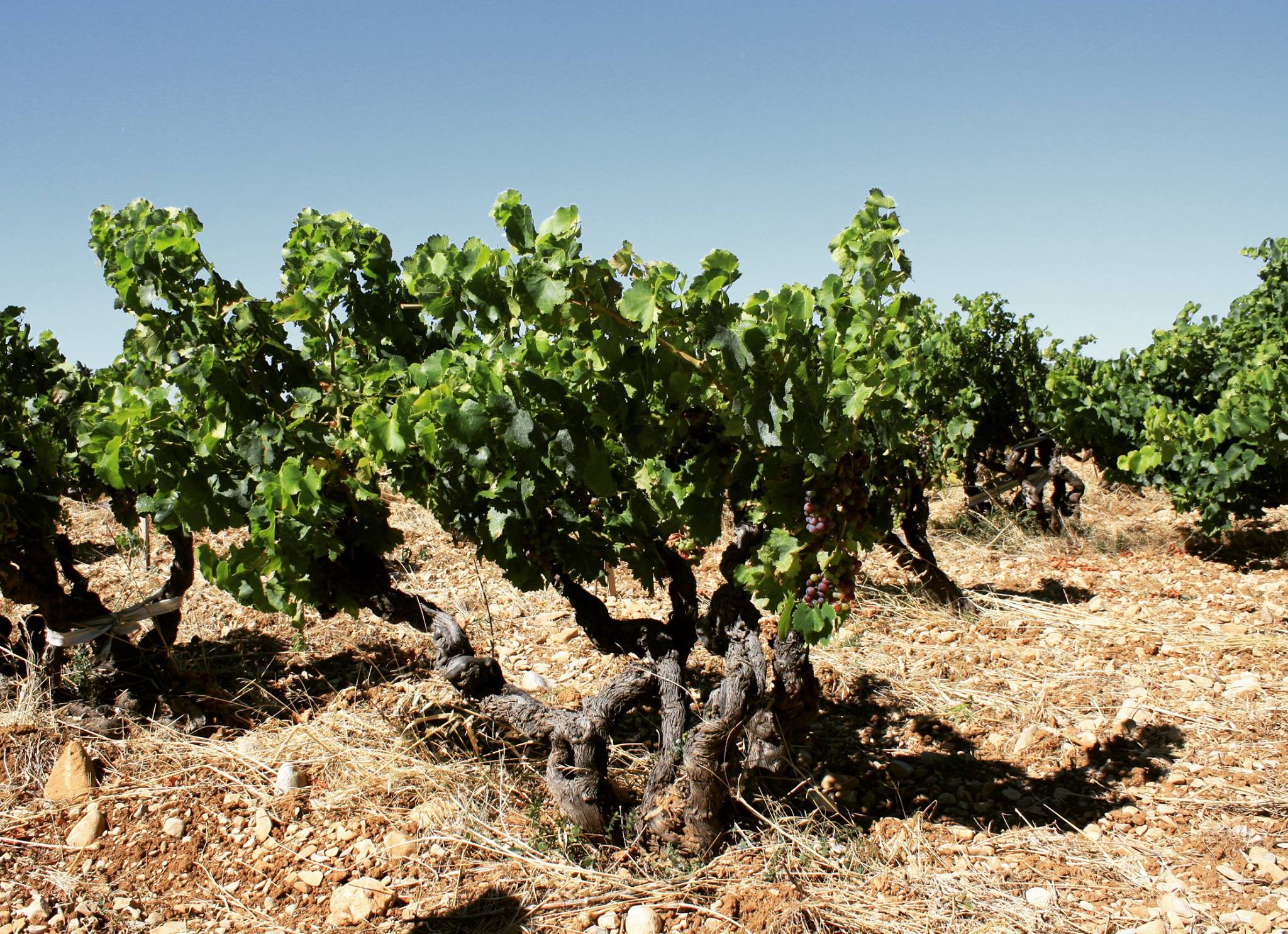
Oldest vines of Grenache and Syrah at Sang des Cailloux.
You just import from France and Italy, is that always going to be the case? Or is there the opportunity to expand from there?
From my personal point of view, I'm very satisfied with just France and Italy. First of all, there's such a diversity of regions and appellations that it is too much for one lifetime. I'm certainly interested in learning about and drinking wines from other regions, but from our point of view we're specialized in France and Italy. Especially from my personal point of view, I grew up in France and I have a direct link with France. It's part of my identity essentially. Then Italy, I've traveled a fair amount in Italy, I've learned how to speak Italian, and I've come to love their culture. They're almost like two additional homes, besides the United States. For me, I have this personal link with these places. It feels right to be working in these areas with these cultures and with their wine cultures. Whereas if I were to go to Spain, I have no doubt that I would have a blast exploring the cuisine and different appellations, but it wouldn't have the same personal relevance to me.
Anthony, are there trends that you see right now that are evolving?
Absolutely. The wine world is, as with pretty much anything else like fashion or cars, all about trends, which is almost, I don't want to say disappointing, but it's too bad. A lot of regions or styles get left out based on what's popular at the moment. For example, the Jura wine has increased in popularity recently, and I think that's great because otherwise these wines wouldn't really get the attention that they need. Other certain trends like orange wines or natural wines, they're also fascinating, really amazing wines to be tasted. But, often these sort of trends can overpower the notion of tradition and of terroir and diversity in all the wines that are being made in the world.
As a company, our philosophy has never been to follow trends but always to stick with really traditionally-produced wines that reflect each region or wherever they're made. Hopefully, we can still be successful like that, even when the world is changing, going back and forth between different ideas. It's always our goal to promote everything that we believe in.
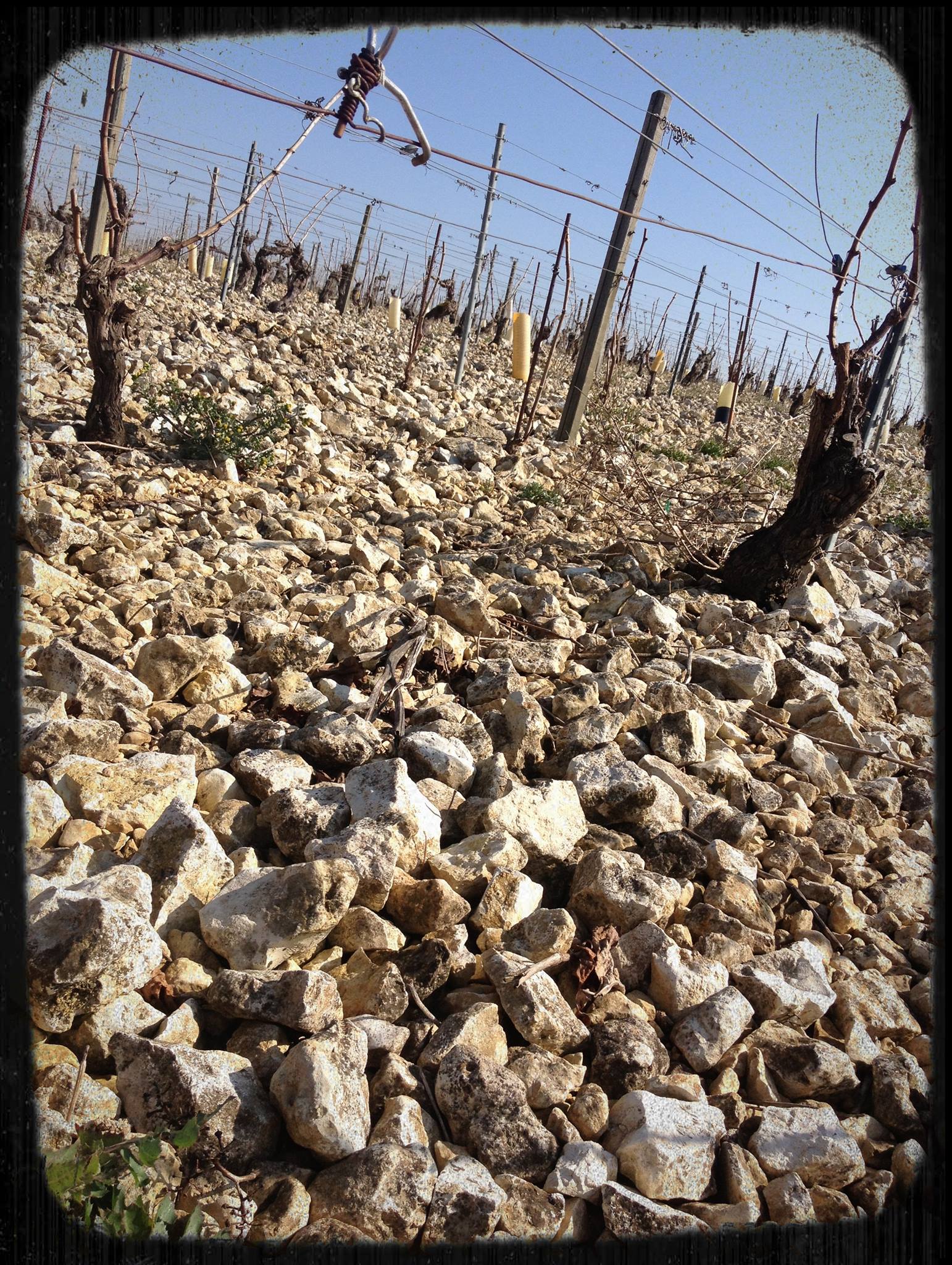 Natural wine is a bit of a thorny one, isn't it? People get very, very worked up when you get into the natural wine argument. What is your opinion on natural wine? A lot of winemakers feel it's too theoretical at the expense of good winemaking, and others believe that it's the only way to make pure wine.
Natural wine is a bit of a thorny one, isn't it? People get very, very worked up when you get into the natural wine argument. What is your opinion on natural wine? A lot of winemakers feel it's too theoretical at the expense of good winemaking, and others believe that it's the only way to make pure wine.
I get hesitant to use the term "natural wine" now because it has so many connotations in every direction. I love natural wine, I love wine that's made with minimal intervention in a way that is environmentally sustainable and healthy for the human body, and the ultimate goal reflects a sense of place. However, there are extremes obviously and my main concern is that wine is drinkable and that it's good. Today, I find that often there's too much focus on whether a wine is natural, organic or biodynamic and not enough focus on whether it tastes good or not.
We don't have any philosophy that the wines have to be natural or have to be organic. We taste first and ask questions later. If it tastes good, if we put the glass to our nose and we like what we have in there, then that's great, we're happy to work with this wine. If we find out afterwards that it's completely natural, has no sulfur, no manipulations at all, fantastic. If it's machine harvested or if it's got sulfur added at bottling, so be it. We have noticed that in many of the wines, the vast majority of wines that we work with, all of them are produced in a sustainable manner. The vast majority are crafted organically. Maybe you can draw a correlation, but I don't think even if there's a correlation, you can't be dogmatic about it. Ultimately, its what's in the glass that counts, and how much pleasure you're getting that really matters more than any philosophy.
Read Anthony Lynch writing on wine at KermitLynch.com/Blog
Read more about Kermit Lynch on the New York Times
Watch a Video with Kermit Lynch
Check our interviews with Kermit Lynch winemakers -
Daniel Ravier - Domaine Tempier
Giuseppe Sesti - Sesti
Paolo Ruffina - Punta Crena
Daniel Brunier - Vieux Telegraphe
Denis Jamain - Domaine Reuilly
Cyriaque Rozier - Château La Roque and Château Fontanès
Angéline Templier - Champagne J. Lassalle
Alessio Altariva - Fattoria Moretto
Pietro Arditi - Cantine Valpane





